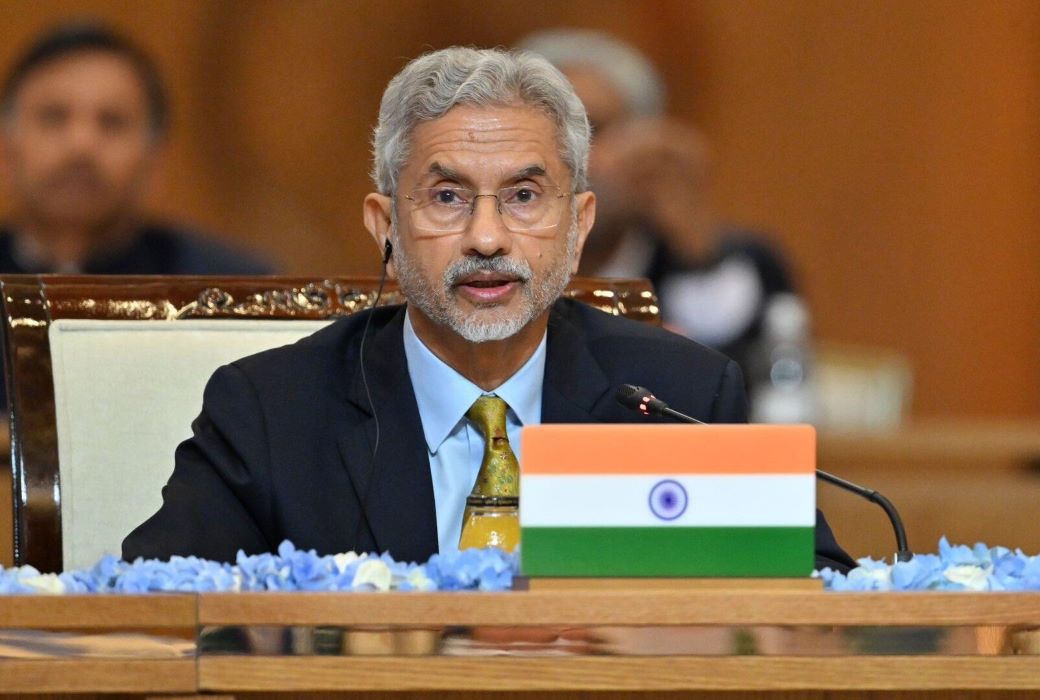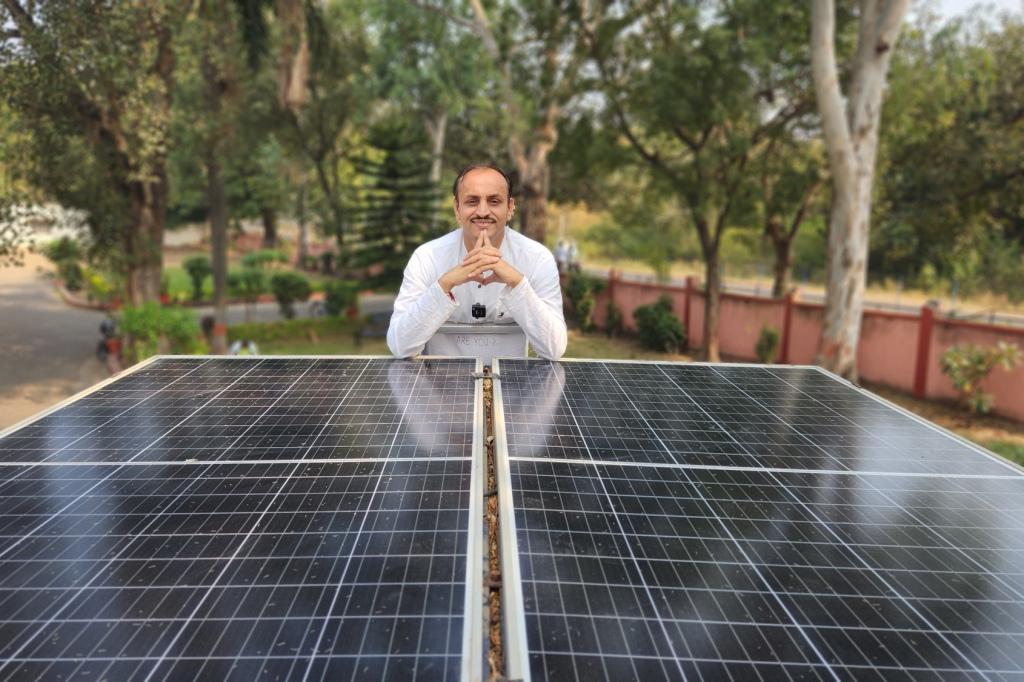Bengaluru, April 26, 2024: Data company Cloudera in collaboration with computing company AMD has organised its first-ever climate and sustainability hackathon in which it invited data scientists from across the globe to develop end-to-end Accelerated Machine Learning Projects (AMPs) focused on solving the many environmental challenges facing the world today.
AMPs are fully built, end-to-end data science solutions that can be deployed with a single click directly from Cloudera or accessed and built via public GitHub repositories. The unique, open-source community offers a comprehensive framework for building, deploying, and monitoring business-ready machine learning applications instantly.
To facilitate swift, powerful computations and breakthrough innovations, Hackathon participants were granted access to Cloudera machine learning, powered by AMD hardware, to develop their own AMPs. Cloudera provided guidance on the types of climate challenges participants were welcome to address— including improving carbon stock calculations, advancing climate-smart agriculture, and addressing the global water crisis.
More than 2,300 data scientists participated in the Climate and Sustainability Hackathon over the course of two phases from October 2023 to March 2024, submitting nearly 200 innovative AMPs. The top three winners were selected by a panel of nine judges based on a defined set of criteria related to the uniqueness, code quality, web application quality, and potential environmental impact of their solution.
Cloudera is making every line of code from the winning projects public to ensure the event contributes to the collective effort to address the climate crisis.
AviWind Guardian secures first place for its innovative approach in addressing the ecological risks posed by the expansion of wind farms, particularly in endangering migratory bird populations. Developed by Tim Trueblood of Ohio, this tool facilitates informed decision-making for wind energy developers and conservationists, striving to strike a balance between renewable energy progression and avian life preservation crucial for ecological equilibrium.
In second place, is the Centre of Meteorological Technology's user-friendly application by Code of Duty, Mexico, aimed at enhancing wind speed prediction reliability amidst increasing weather-related events worldwide. By considering multiple factors such as peak wind speed, latitude, longitude, and more, the application enables proactive decision-making to mitigate the impact of escalating hurricane categories.
Third Place is secured by the Climate Change Impact on Himalayan Timberline project, wherein a team of Indian data scientists–Lokesh Sharma, Avantika Latwal, and Dr Rehana Shaik – developed a novel tool to analyse correlations between temperature and precipitation in the Himalayan region. This tool empowers communities to anticipate and adapt to the disruptive effects of climate change on this delicate ecosystem, characterized by rising temperatures and shifting weather patterns.
“By offering seamless integration, scalability, and flexibility, Cloudera empowers users to rapidly prototype, test, and deploy cutting-edge AI solutions capable of addressing some of our most pressing sustainability issues,” said Charles Sansbury, CEO, Cloudera.
“The incredible outputs of our Climate and Sustainability Hackathon further illustrate what data scientists can achieve when leveraging Cloudera. I am truly impressed by the immense creativity and quality of the submissions and am inspired by the possibilities the collective Cloudera community can create to improve sustainability efforts across the globe,” he said.
Cloudera plans to host additional Hackathons targeted at creating innovative machine learning solutions for the greater good.















.jpg)



